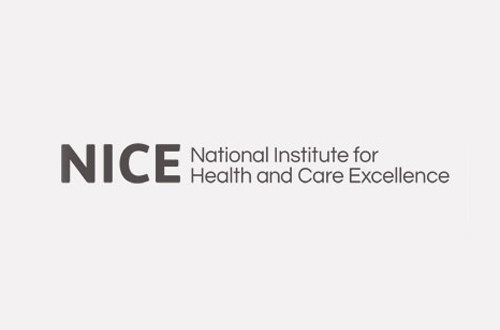
UK health watchdog the National Institute for Heath and Care Excellence (NICE) has shot down claims that the pharma industry influenced new guidance to increase the use of drugs to lower cholesterol.
Last month NICE published new draft guidelines to lower the threshold for NHS patients in England and Wales to take statins from those with a 20 per cent risk of developing cardiovascular disease (CVD) to those with a 10 per cent risk.
This decision was due to several factors, including new evidence on the effectiveness of risk assessment tools for CVD, as well as the entry onto the market of generic versions of Pfizer’s Lipitor (atorvastatin), making statin treatment vastly cheaper.
However, the Sunday Express newspaper published a story at the weekend which claimed the experts behind the guidance were ‘in the pay’ of the pharma companies who manufacture the drugs, influencing the decision to increase prescribing despite potential side effects.
According to the article, an investigation by the paper discovered eight out of 12 members of the NICE panel have financial ties to the drug firms, including payments for speeches, lectures and conference attendance, as well as salaries to conduct clinical trials.
NICE has rebutted the Sunday Express story, which failed to mention the launch of cheaper generic statins and their potential to save the NHS £350m a year, according to estimates from the Generic Manufacturers’ Association.
‘The draft recommendations are centred on the prescribing of generic statins rather than branded versions,’ said NICE. ‘Since the 2008 guideline was published, atorvastatin has come off patent which means it is now available to the NHS at a much cheaper cost.’
This guidance is in line with other national recommendations, including the American College of Cardiology and the American Heart Association’s to update their guidelines at the end of 2013 to cover twice as many people in the US.
NICE also commented on pharma company influence, claiming every member of the expert panel declared their interests to NICE and that these were publically available and deemed not to be specific enough to warrant withdrawal.
One member of the group did withdraw altogether, although only after declaring involvement in a company that sells health checks, not a pharma company.
NICE also responded to a specific accusation from the Express about a member of the panel being paid for their involvement in clinical trials involving cholesterol-lowering drugs.
NICE refuted this, declaring that the group chair Dr Anthony Wierzbicki was involved in a number of such trials but these involved investigational medicines targeted at familial hypercholestrolaemia (FH) – a condition that is the subject of a different guideline.




